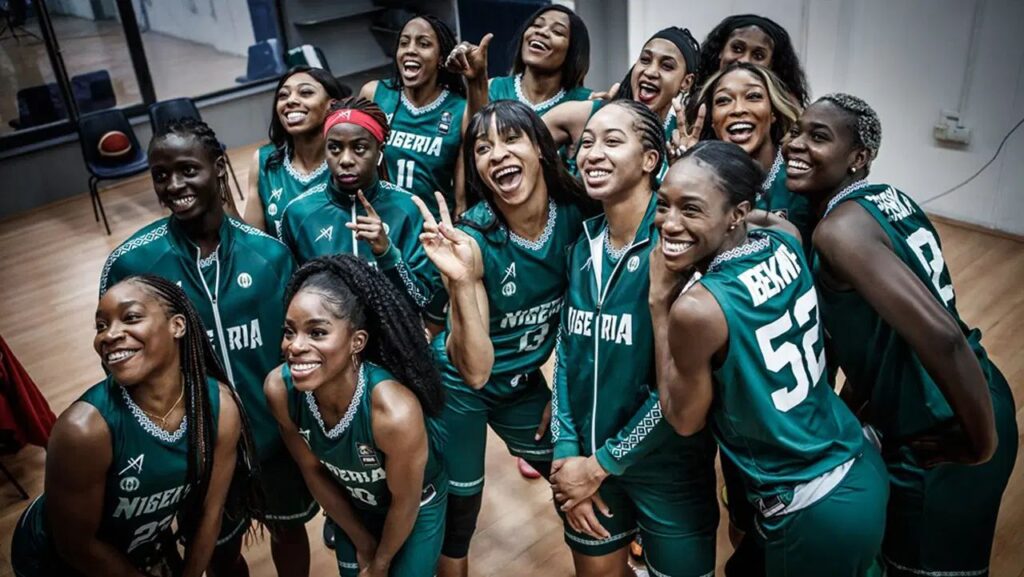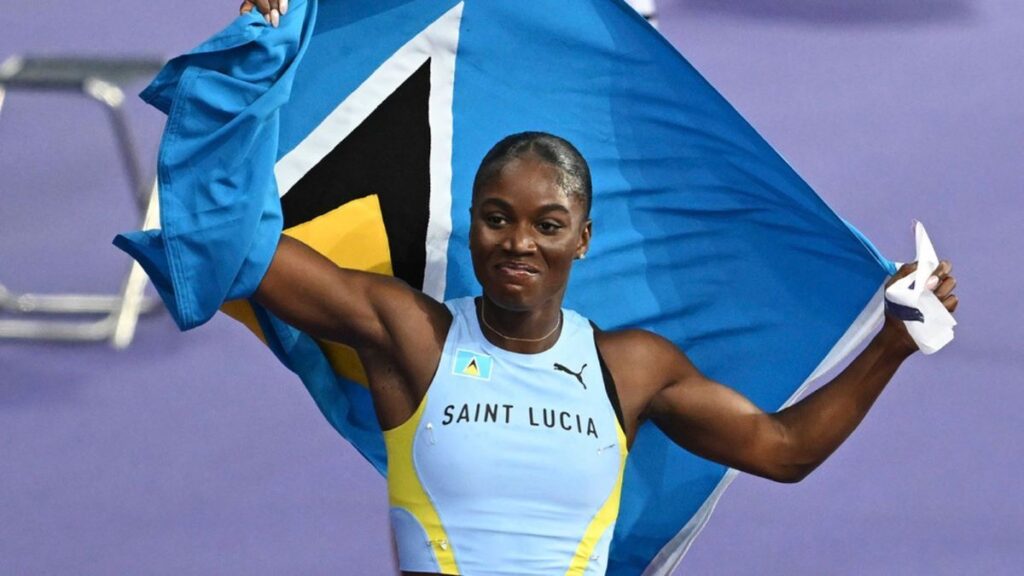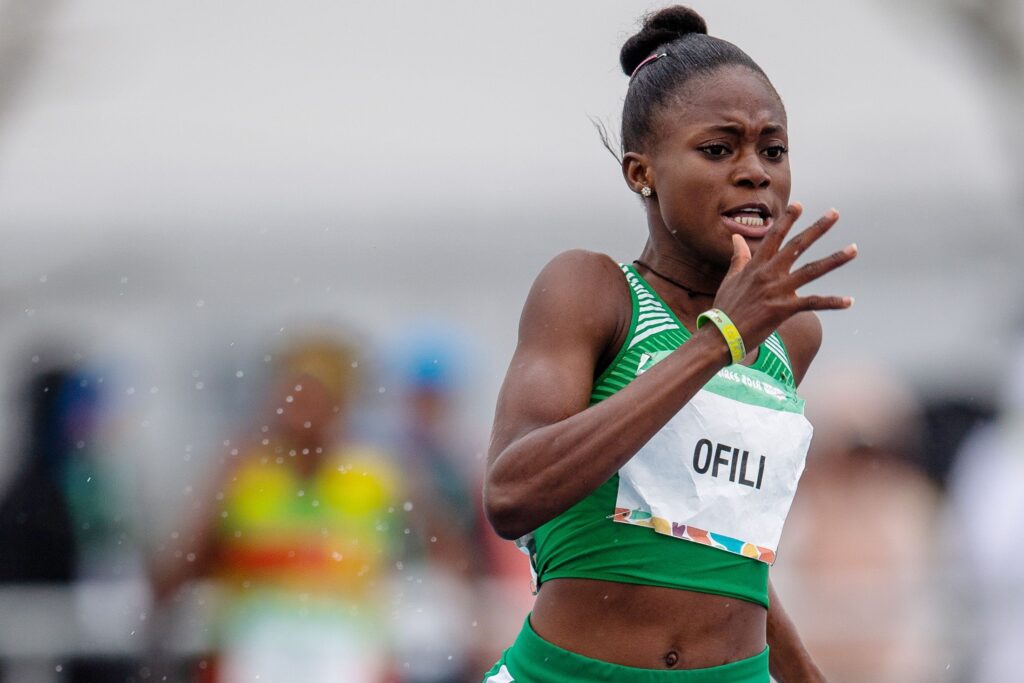
Nigera’s D’Tigress made history as the first African basketball team to reach the quarter finals of an Olympic basketball tournament, beating world number 3 Australia (75-62) and world number 5 Canada (79-70) to reach the qualifying stage. Fully and proudly kitted by Ugo Udezue‘s AFA Sports, D’Tigress are now incredibly ranked number 12 in the world!

Next, from the small Caribbean island of St. Lucia, 23-year old Julien Alfred clinched the Olympic Gold medal in the 100 metres category, in a dazzling 10.72 seconds. Julien easily outshone an impressive line up of women sprinters at the 2024 Paris Olympics to win the first-ever Olympic gold for her country.

Meanwhile, Favour Ofili (mentioned in our past Editorial as one to watch) showed the world why she’s one of the best as she booked her place in the semi-final of the Olympic 200m race with a scintillating 22.24 seconds finish, alongside Great Britain’s Dina Asher-Smith (22.28 seconds) and Gina Bass-Bittaye (22.84 seconds). This makes Favour the first Nigerian woman to reach the 200m final since 1996.
What makes high-achieving athletes (and anyone else) thrive, though?
Mark Bennet MBE – who has spent 30 years developing robust and scalable strategies and tools to help organisations, teams and individuals maximise their performance potential – attributes high-performance as being founded on the following:
- Whether you are a leisure or a high performance athlete, it has nothing to do with technical ability, physicality or skill, it is all to do with your behaviours and the attitude you take to your craft each and everyday.
- A high performance athlete is somebody that will do what they need to do to be the best they can be supervised or unsupervised 24/7.
- The high performance athlete will ask themselves questions such as “What do I need to do?“ How much sleep do I need?” “What am I going to eat the next day? “What’s my plan for the week ahead?”
- For high performance coaches, they’ll be looking at the everyday behaviours of the athlete and won’t get caught up in their technical ability in the moment of what they see.
- The coach will seek to understand the athletes everyday behaviours, to understand where their mindset is and what their commitment is to their goal.
- On learning from mistakes, we expect people to make effective decisions,under different levels of pressure without getting caught up in the outcome but often they don’t get taught how to reflect and evaluate.
- For parents, when considering being the best parent that you can be to support your child, have you pre agreed certain behaviours for yourself as a parent, and for your child that you both agree on?
- For parents after training or matches, it’s not about asking questions about did you win or how did you do or how many minutes did you play on the pitch? It is about asking “did you enjoy the match?” “What was the most challenging thing that you experienced today?” “What did you learn today?”
In the podcast below, Bennett speaks with David Charlton about the differences in commitment levels between leisure and high performance athletes; How coaches can get the best out of their athletes; and how parents can best support talented children. Mark’s tagline – ‘Performance is a Behaviour, not an Outcome’ is also debated.
Reading Resources
- The need-centred approach to people performance [Mark Bennett]
- What makes some teams high performing? [David Burkus | Harvard Business Review]
- Numeris Média is officially accredited media to the 2024 Paris Olympic Games
